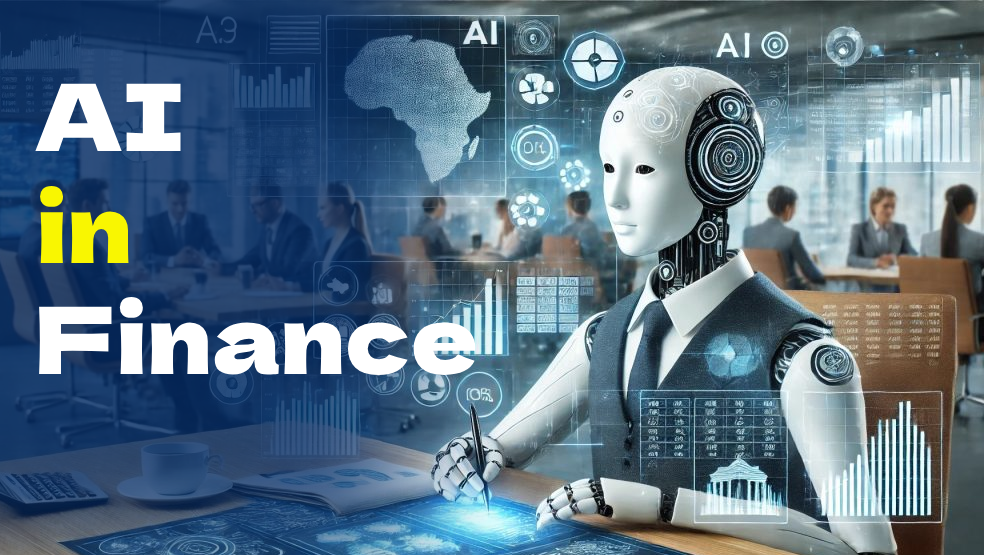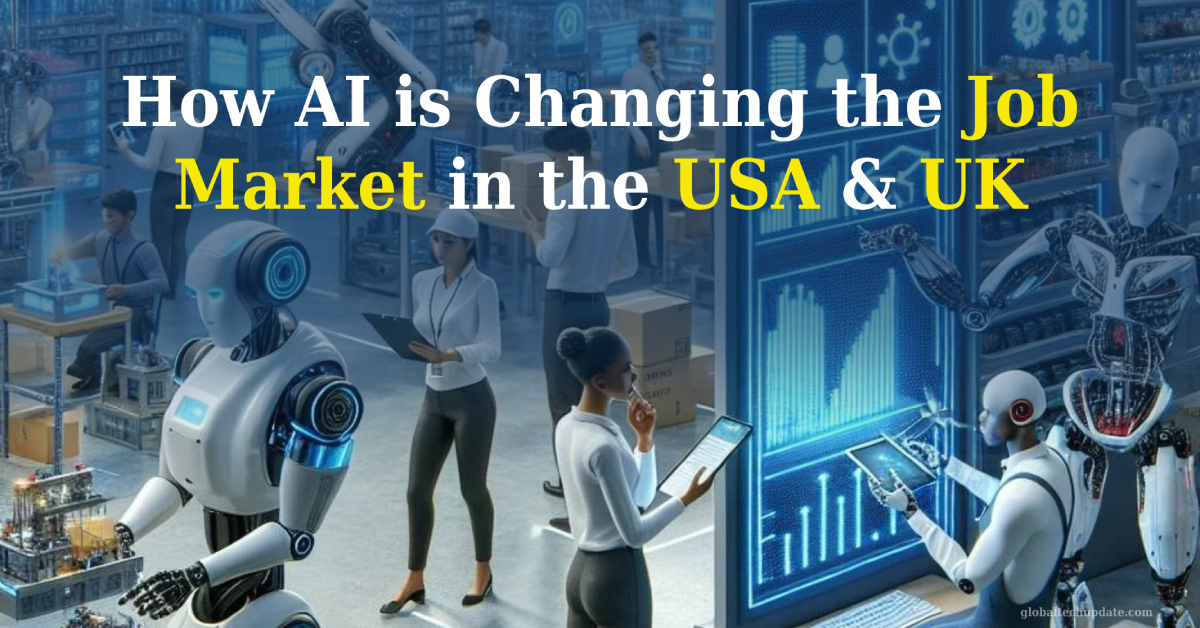AI in Finance: How It’s Transforming the Stock Market
Introduction
The stock market is a high-stakes environment where decisions must be made quickly and accurately. Over the years, advancements in technology have played a significant role in shaping how trading occurs. One of the most impactful technologies in recent years is Artificial Intelligence (AI). AI is revolutionizing the finance sector, offering new tools and strategies for traders and investors. In this article, we will explore how AI is transforming the stock market, including its impact on algorithmic trading, AI trading strategies, and stock prediction.
The Role of AI in Finance
AI has become an integral part of the financial sector, especially in trading. By leveraging machine learning, natural language processing, and other advanced AI technologies, traders can analyze vast amounts of data at unprecedented speeds. AI’s ability to process and interpret complex datasets allows for better-informed decisions in real time.
1. Algorithmic Trading and AI
Algorithmic trading has been a significant development in the stock market, and AI is enhancing it further. AI-based algorithms can execute high-frequency trades at speeds that humans cannot match. These AI-driven systems can analyze market conditions, identify patterns, and execute trades without human intervention. The benefits of AI in algorithmic trading include:
Speed and Efficiency: AI algorithms can process vast amounts of data and make decisions within milliseconds.
Minimized Emotional Bias: AI removes human emotions from trading decisions, ensuring that strategies are implemented strictly according to pre-programmed logic.
Backtesting and Optimization: AI models can test trading strategies using historical data, optimizing them before live execution.
2. AI Stock Market Prediction
One of the most promising applications of AI in finance is stock market prediction. Predicting the stock market’s movements is notoriously challenging, but AI algorithms can analyze past trends, news, financial reports, and even social media sentiment to forecast stock prices. Some common AI techniques used for stock market predictions include:
Machine Learning Models: Supervised and unsupervised learning methods help predict stock price movements based on historical data.
Natural Language Processing (NLP): AI uses NLP to analyze news articles, earnings reports, and even tweets to gauge market sentiment.
Reinforcement Learning: This form of machine learning allows AI to learn trading strategies through trial and error, improving its decision-making over time.
3. AI Trading Strategies
AI is also enhancing the development of trading strategies. Traders can now use AI-powered tools to design sophisticated strategies that adapt to changing market conditions. Some examples of AI trading strategies include:
Sentiment Analysis: AI analyzes social media, news, and other textual data sources to gauge public sentiment toward stocks, which can help in making informed decisions.
Predictive Analytics: AI algorithms can predict future market movements based on historical data, offering insights into potential market shifts.
High-Frequency Trading (HFT): AI can manage high-frequency trades with extremely low latency, allowing traders to profit from minor price fluctuations.
Benefits of AI in the Stock Market
AI has multiple benefits for both professional traders and individual investors:
Improved Accuracy: AI can process vast amounts of data, leading to more accurate predictions and better-informed decisions.
Faster Decisions: AI can make split-second decisions, providing a competitive edge in fast-moving markets.
Risk Management: AI can help identify and mitigate potential risks by analyzing market conditions and alerting traders to possible dangers.
Automation: AI allows traders to automate strategies, reducing the need for constant monitoring and manual intervention.
Challenges of AI in Finance
While AI offers many benefits, there are also challenges that come with its integration into finance:
Data Privacy and Security: As AI relies on large amounts of data, concerns about data privacy and security are paramount.
Market Volatility: AI models can struggle during highly volatile market conditions, where past trends may not accurately predict future movements.
Ethical Concerns: The rise of AI in trading raises ethical issues, such as the potential for market manipulation or the loss of jobs in the trading sector.
The Future of AI in the Stock Market
The future of AI in finance looks promising, with several key trends shaping the way AI is used in the stock market:
Integration of AI and Blockchain: AI will likely work in tandem with blockchain technology to provide more secure and efficient financial transactions.
Increased Regulation: As AI becomes more integral to finance, regulatory bodies will need to implement new rules to ensure fair and transparent use.
Personalized Trading: AI will enable personalized trading strategies for individual investors, tailored to their risk tolerance, preferences, and financial goals.
Conclusion
AI is revolutionizing the stock market, transforming the way traders and investors approach decision-making. With AI-driven algorithmic trading, advanced stock prediction capabilities, and automated trading strategies, the future of finance is changing rapidly. While challenges remain, the potential benefits of AI in the stock market are immense, offering more efficient, accurate, and personalized financial services. As AI technology continues to evolve, we can expect even more groundbreaking innovations that will further enhance the way we trade and invest.




